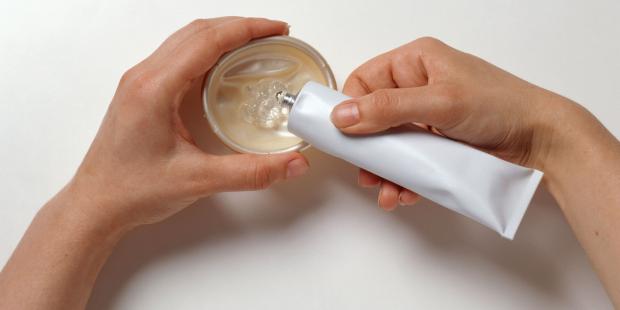
Breaking News
 Democrats Announce State Of The Union Response Will Be Delivered By Bad Bunny
Democrats Announce State Of The Union Response Will Be Delivered By Bad Bunny
 American Attack on Iran: World War
American Attack on Iran: World War
 If You Think the US Wants To Bring Democracy to Iran, Watch What They're Currently Doing to Iraq
If You Think the US Wants To Bring Democracy to Iran, Watch What They're Currently Doing to Iraq
 The Scary Truth About Living in Big Cities During the Turbulent Times Ahead
The Scary Truth About Living in Big Cities During the Turbulent Times Ahead
Top Tech News
 New Spray-on Powder Instantly Seals Life-Threatening Wounds in Battle or During Disasters
New Spray-on Powder Instantly Seals Life-Threatening Wounds in Battle or During Disasters
 AI-enhanced stethoscope excels at listening to our hearts
AI-enhanced stethoscope excels at listening to our hearts
 Flame-treated sunscreen keeps the zinc but cuts the smeary white look
Flame-treated sunscreen keeps the zinc but cuts the smeary white look
 Display hub adds three more screens powered through single USB port
Display hub adds three more screens powered through single USB port
 We Finally Know How Fast The Tesla Semi Will Charge: Very, Very Fast
We Finally Know How Fast The Tesla Semi Will Charge: Very, Very Fast
 Drone-launching underwater drone hitches a ride on ship and sub hulls
Drone-launching underwater drone hitches a ride on ship and sub hulls
 Humanoid Robots Get "Brains" As Dual-Use Fears Mount
Humanoid Robots Get "Brains" As Dual-Use Fears Mount
 SpaceX Authorized to Increase High Speed Internet Download Speeds 5X Through 2026
SpaceX Authorized to Increase High Speed Internet Download Speeds 5X Through 2026
 Space AI is the Key to the Technological Singularity
Space AI is the Key to the Technological Singularity
 Velocitor X-1 eVTOL could be beating the traffic in just a year
Velocitor X-1 eVTOL could be beating the traffic in just a year
US regulators approve new type of contraceptive gel

Phexxi comes in an applicator that women insert before sex. The gel made by San Diego-based Evofem Biosciences contains lactic acid, citric acid and potassium bitartrate, all of which are common food additives.
The new gel has some similarities to spermicides, which block the entrance to the cervix and slow sperm down. But Phexxi works differently.
The vagina's pH — a measure of acidity — is typically in the range of 3.5 to 4.5, the level needed to maintain healthy bacteria. Sperm raise that to a more hospitable level of 7 to 8. Phexxi keeps it in the usual acidic range, killing the sperm.
Unlike some other contraceptives, it only needs to be used shortly before sex and it doesn't contain hormones, which can cause side effects some women can't tolerate.
The company said Phexxi — pronounced FECK'-see — will have a list price of $250 to $275 for a box of 12 without insurance.
In a study of 1,400 women aged 18 to 35, Phexxi was about 86% effective on average over seven menstrual cycles and a total of more than 34,000 acts of intercourse. That's a bit better than condoms, spermicides and other "on-demand" contraceptives, but less effective than long-term methods such as IUDs and implants.



